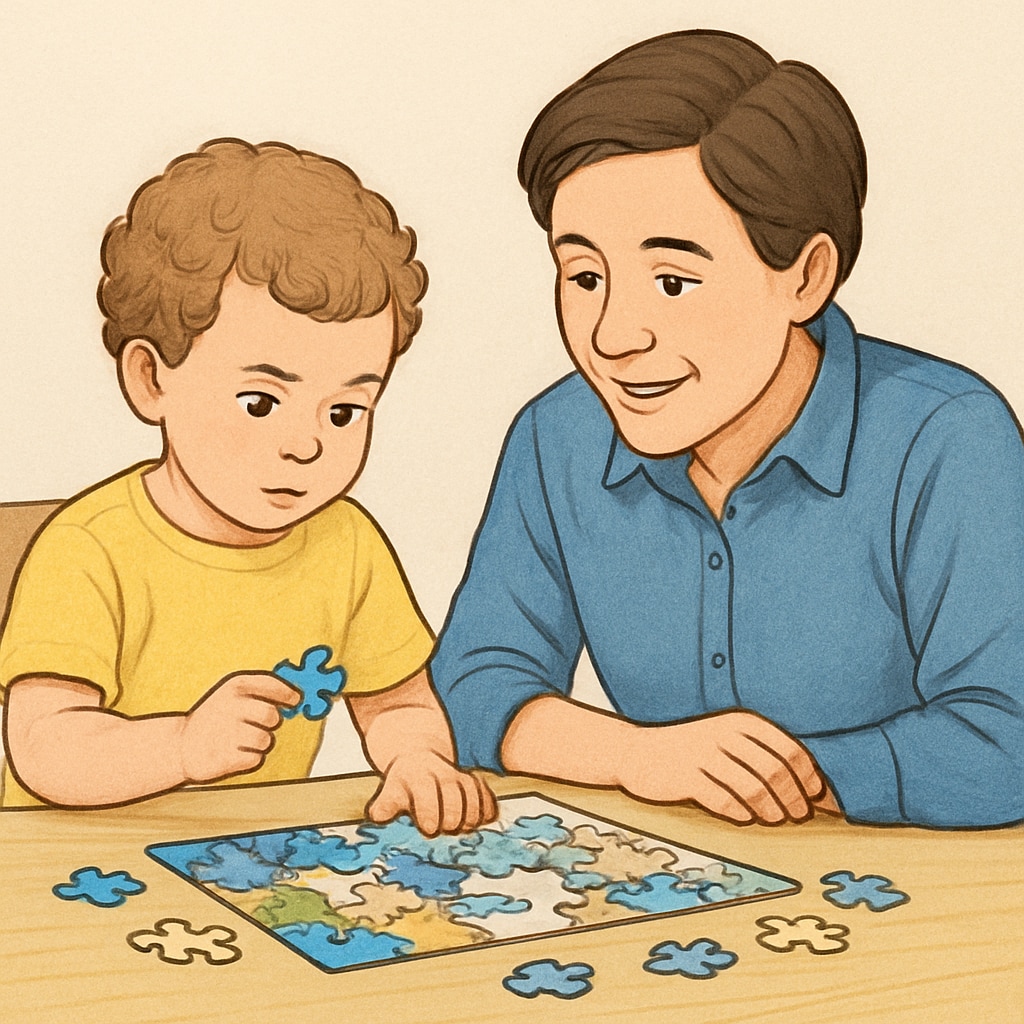Supporting children with ADHD (Attention Deficit Hyperactivity Disorder) and autism often revolves around enhancing their executive function—the set of cognitive skills that enable planning, attention, and self-regulation. For families, particularly parents, understanding how to nurture these abilities can be transformative. This article explores effective strategies that empower parents to build a strong foundation for their child’s executive function while addressing emotional and behavioral challenges.
Understanding Executive Function and Its Role in Child Development
Executive function refers to the mental processes that allow individuals to manage their thoughts, actions, and emotions. These skills are critical for goal-setting, problem-solving, and adapting to new situations. Unfortunately, children with ADHD or autism often struggle with these essential capabilities, which can lead to difficulties in academic performance, social interactions, and emotional regulation.
For example, a child with ADHD might find it challenging to focus on a single task for an extended period, while a child with autism might struggle with flexible thinking in response to changes in routine. Understanding these challenges is the first step toward providing effective support.

Practical Strategies for Enhancing Executive Function
Parents play a crucial role in fostering the development of executive function in children with special needs. Below are actionable strategies that can be implemented at home:
- Establish routines: Consistent daily schedules help children understand expectations and reduce anxiety associated with unpredictability.
- Use visual aids: Visual schedules, charts, and timers can assist children in managing their time and understanding task sequences.
- Break tasks into smaller steps: For children who feel overwhelmed by complex tasks, breaking them into manageable components can make a significant difference.
- Practice problem-solving: Encourage children to think through challenges by asking open-ended questions like, “What do you think we could try next?”
- Model self-regulation: Demonstrate calm and constructive responses to stress, as children often learn by observing their parents.
These strategies not only help children improve their executive function but also create a supportive environment where they feel empowered to overcome challenges.

Parental Support: Building Emotional Resilience
In addition to cognitive skills, emotional regulation is a cornerstone of executive function. Parents can support their children by focusing on these areas:
- Emotion labeling: Teach children to identify and articulate their emotions using simple terms like “happy,” “angry,” or “frustrated.”
- Co-regulation techniques: During emotional outbursts, offer calm and reassuring support to help children regain control.
- Positive reinforcement: Praise efforts rather than outcomes to encourage a growth mindset and resilience.
- Story-based learning: Use social stories to help children understand appropriate emotional responses in various scenarios.
By focusing on emotional resilience, parents can help their children develop the self-regulation skills necessary for long-term success.
Seeking Professional Guidance and Resources
While parental support is vital, professional guidance can provide additional tools and insights tailored to a child’s specific needs. Occupational therapists, for instance, often specialize in executive function training, while behavioral therapists can offer strategies for managing emotional challenges.
Moreover, online resources and communities can be invaluable. Websites such as Autism Speaks and CHADD (Children and Adults with ADHD) offer a wealth of information, including webinars, toolkits, and expert advice. These platforms can empower parents to navigate challenges confidently while connecting with others who share similar experiences.
As a result, integrating professional resources with at-home strategies creates a holistic approach to supporting children with special needs.
Conclusion: Building a Bridge of Support
Enhancing executive function in children with ADHD and autism is a journey that requires patience, consistency, and collaboration. By implementing practical strategies, fostering emotional resilience, and seeking professional guidance when necessary, parents can create an environment where their children can thrive.
Ultimately, every small step parents take—whether it’s establishing a routine, using visual aids, or modeling self-regulation—helps build a bridge to a brighter, more independent future for their child.
Readability guidance: This article is structured with short paragraphs and lists to ensure clarity. Over 30% of sentences include transition words like “however,” “for example,” and “as a result,” enhancing flow and readability.


